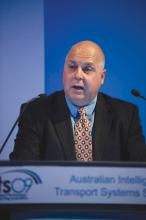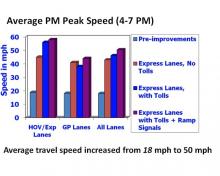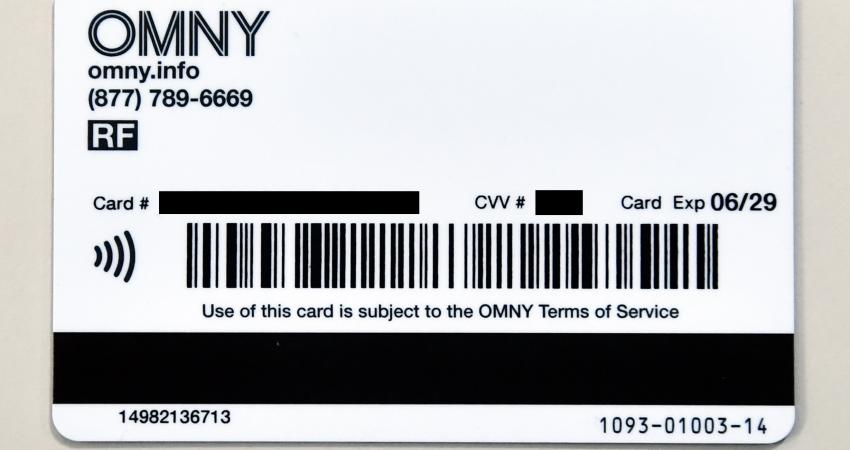Speaking at the company’s annual general meeting this week, chief executive of toll road operator Transurban, Scott Charlton, claimed that there will come a time when Australia’s roads can no longer be widened to alleviate increasing congestion.
He told shareholders that policy reform around infrastructure will be an increasing focus of stakeholders to ensure the most efficient and fair use of transport networks.
“As we have said before, it is clear that we cannot simply keep building out the network
Speaking at the company’s annual general meeting this week, chief executive of toll road operator 600 Transurban, Scott Charlton, claimed that there will come a time when Australia’s roads can no longer be widened to alleviate increasing congestion.
He told shareholders that policy reform around infrastructure will be an increasing focus of stakeholders to ensure the most efficient and fair use of transport networks.
“As we have said before, it is clear that we cannot simply keep building out the networks and adding capacity to address declining service levels for the peak periods,” he said. “In the long term, network pricing will have a place in transport policy to manage demand, promote public transport and fund upgrades of infrastructure.”
Various road pricing schemes have been introduced overseas, in cities including London, Stockholm, Singapore and Milan to reduce congestion and emissions.
Dynamic pricing is in operation in a number of locations in the US, including Transurban’s Express Lanes on the I-495 toll road in Virginia. Express Lanes are also operating in Minnesota, Florida and California.
Charlton said Australia’s cities share parallels with these urban centres, with forecast congestion so severe it will require a different way of thinking about how we price to manage demand, change user patterns and, importantly, improve service levels.
He pointed out that both the Productivity Commission and a Federal Government-initiated review on competition policy have listed user-pays pricing as a top priority. Expert opinion from both Government-affiliated and private sector organisations support a critical examination of road pricing. These organisations acknowledge that the funding and operation of the transport systems are reaching breaking point and need to be reformed.
He told shareholders that policy reform around infrastructure will be an increasing focus of stakeholders to ensure the most efficient and fair use of transport networks.
“As we have said before, it is clear that we cannot simply keep building out the networks and adding capacity to address declining service levels for the peak periods,” he said. “In the long term, network pricing will have a place in transport policy to manage demand, promote public transport and fund upgrades of infrastructure.”
Various road pricing schemes have been introduced overseas, in cities including London, Stockholm, Singapore and Milan to reduce congestion and emissions.
Dynamic pricing is in operation in a number of locations in the US, including Transurban’s Express Lanes on the I-495 toll road in Virginia. Express Lanes are also operating in Minnesota, Florida and California.
Charlton said Australia’s cities share parallels with these urban centres, with forecast congestion so severe it will require a different way of thinking about how we price to manage demand, change user patterns and, importantly, improve service levels.
He pointed out that both the Productivity Commission and a Federal Government-initiated review on competition policy have listed user-pays pricing as a top priority. Expert opinion from both Government-affiliated and private sector organisations support a critical examination of road pricing. These organisations acknowledge that the funding and operation of the transport systems are reaching breaking point and need to be reformed.












